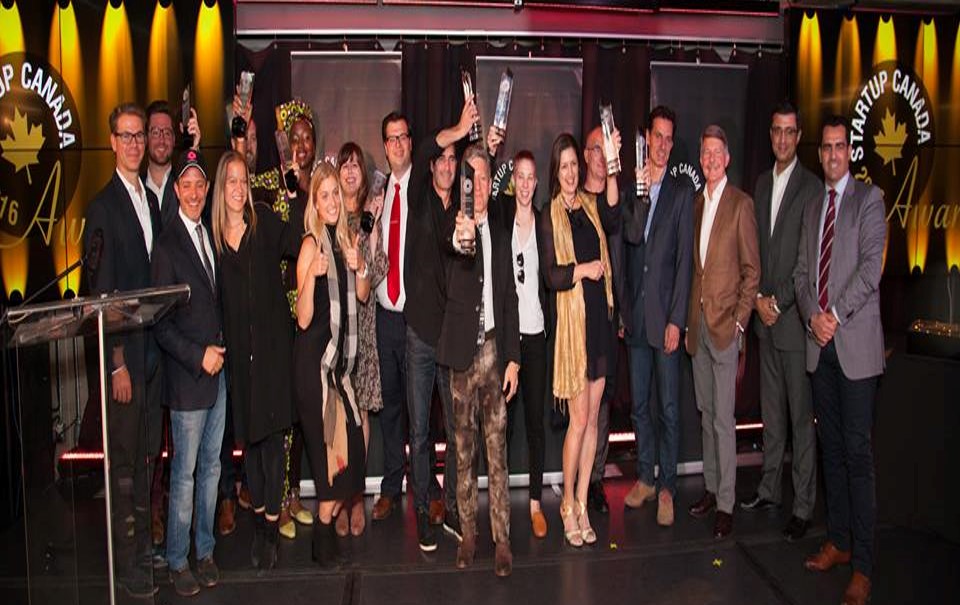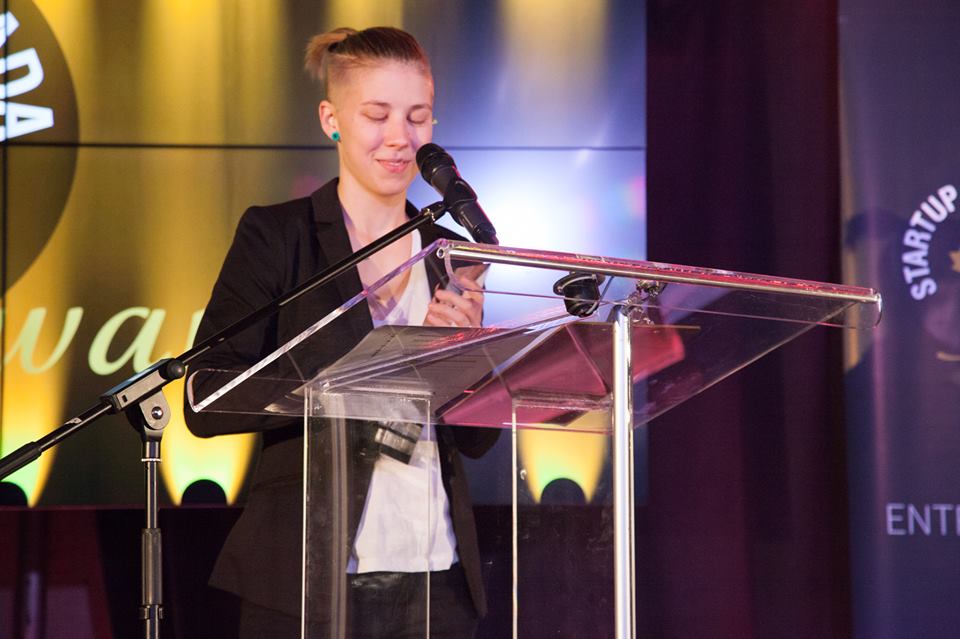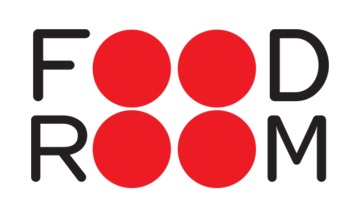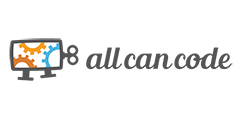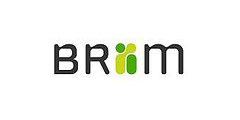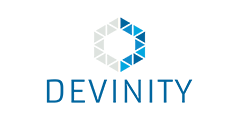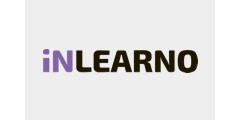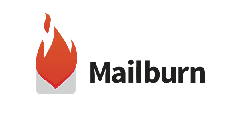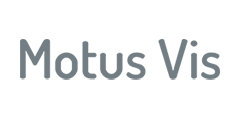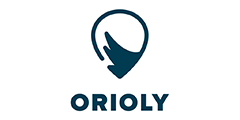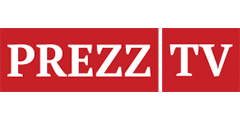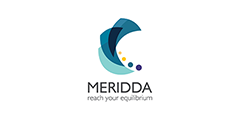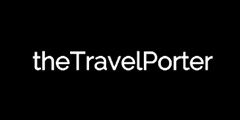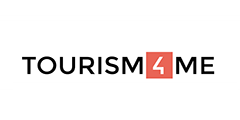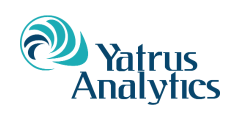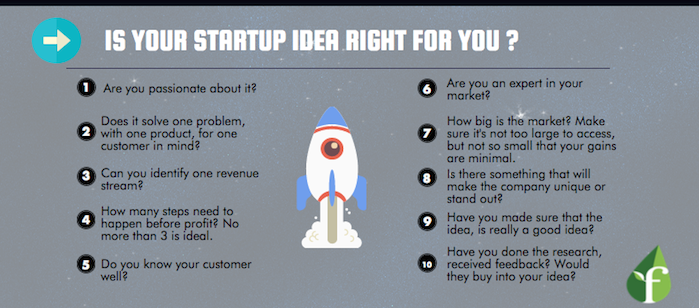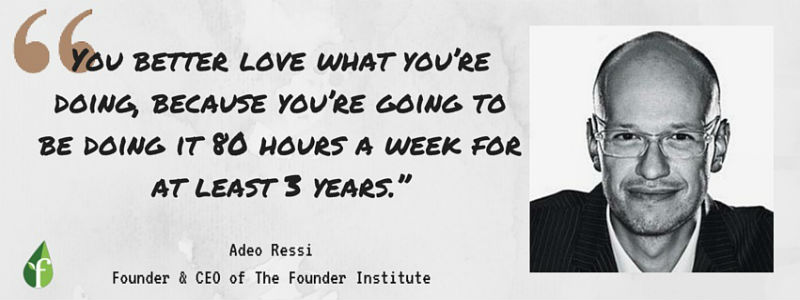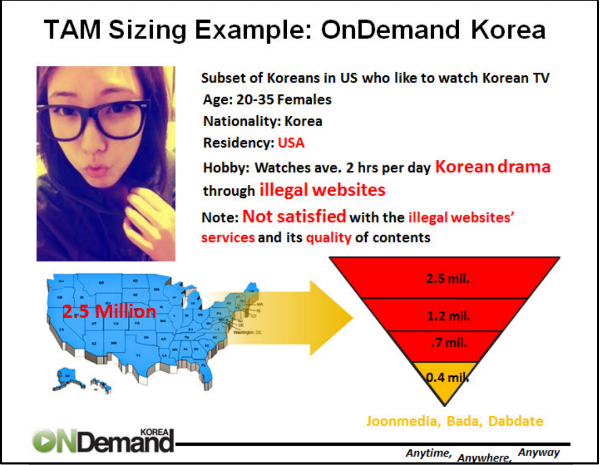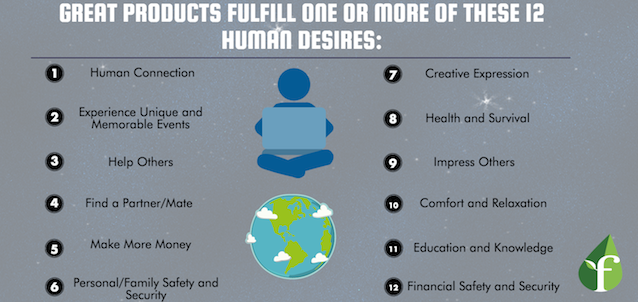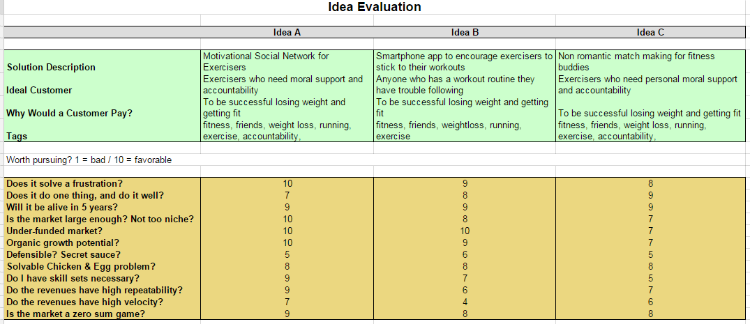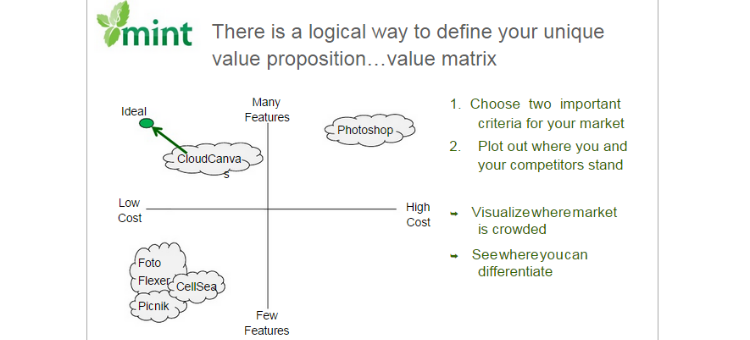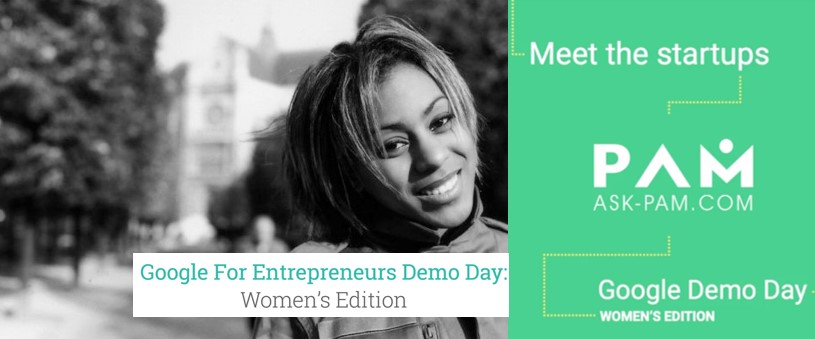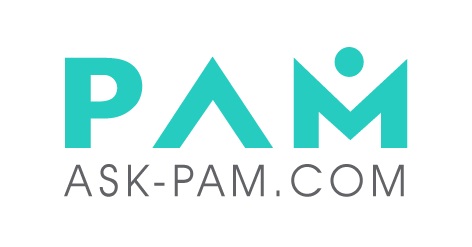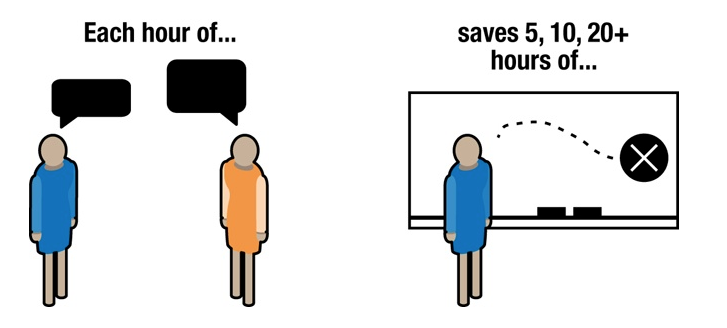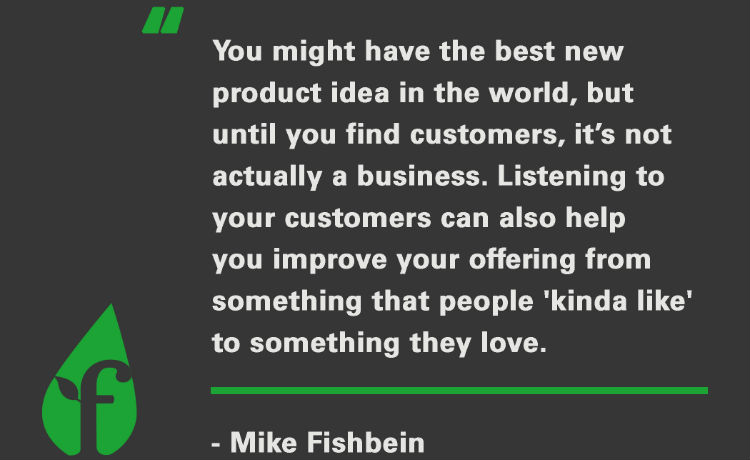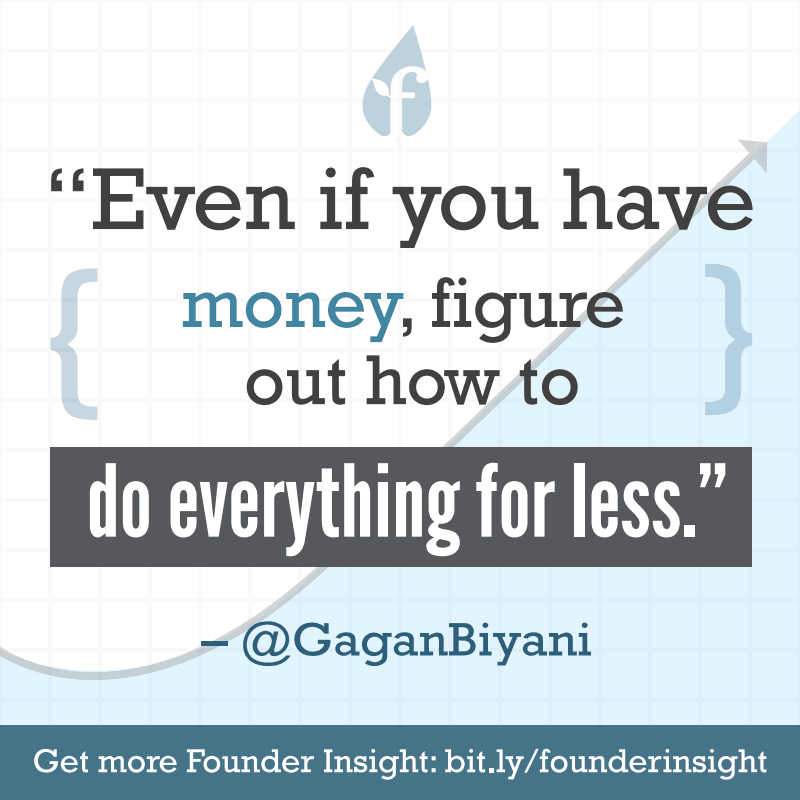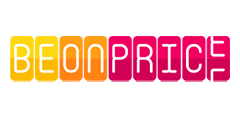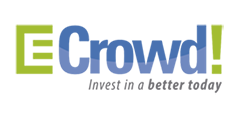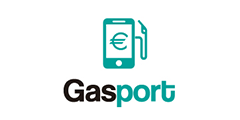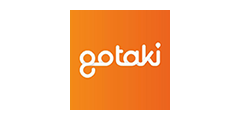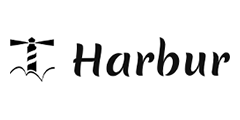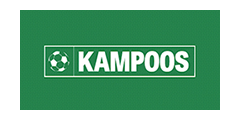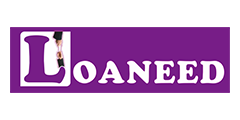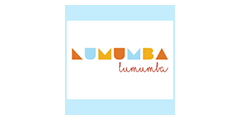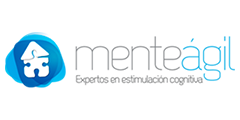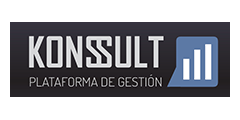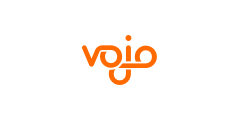"The best way to have a good idea is to have a lot of ideas." - Linus Pauling
There is no better time to breathe life into your startup idea. Everyday, successful companies are revolutionizing every industry you can think of - and industries you didn’t even know existed.
But, while industry publications glorify the milestones of these innovative startups, they rarely shed light on the actual process of finding a company idea, the creative minutiae of cultivating a trailblazing concept.
If you are an entrepreneur that craves a step by step method for developing a cutting-edge idea for a startup that will live into posterity, read on as we delineate the best practices of startup ideation.
1. Identify a Problem
Just because an idea is unique does not mean it’s good. Countless startups have achieved instant success because of a radical, gimmicky offering, and have failed just as quickly when the novelty wore off.
Before you begin your search for that gem of a startup idea, start by identifying problems in the industry or industries you’re interested in, as the most successful, and lasting companies, are the ones that provide relevant solutions.
In the Next Web article “Real innovation is about solving problems, not having ideas”, Huge CEO Aaron Shapiro expounds on several different types of general problems that nearly everyone (i.e. your potential customers) experiences, and are outlined below.
Inconvenience
There will always be ways to make our everyday routines easier, faster, cheaper, funner, safer, etc. which means that there will always be a problem for a startup to solve. As you interact with others, take note of the habitual activities that people often complain about and think about what you can do to reduce their inconvenience.
Inefficiency
Countless daily actions can benefit from a streamlined boost. From transportation to finance to health and more, so much money, time, energy, and materials are wasted in completing everyday tasks. Think of all the valuable resources that can be saved if there was a more efficient way of doing things.
Inevitability
As the costs of accelerated innovation and consumer adoption decrease, new and better solutions will supersede old and obsolete ones. More and more processes are becoming automated in the workforce, as well as medical, finance, travel, and countless other industries. Think like a technologist and see inevitability as a well of opportunities.
Your Own Problems
Chances are that most, if not all, of the problems you encounter on a regular basis are experienced by many others, as well. As you go through your daily routine, think about every challenge you endure, regardless of how big or small it is, and imagine what type of product could alleviate your woes.
Become an Expert in Your Industry
By this point, you should have an idea of the types of problems you want to solve. However, you must become an authority in the industry you want to work in, which means devoting hours and hours to extensive market research. At a previous Founder Showcase, Chris Dixon, Investing Partner at Andreessen Horowitz, stresses the importance of “earning” an industry “secret” - the one facet to your offering that will set you apart from everyone else.
You need to know a secret. The reason why good ideas often look like bad ideas is that the rest of the world doesn’t know the secret. You’ve got to earn the secret. You generally don’t get secrets in this business by stumbling on them. That’s not how the real world works. The real world is that you’ll spend tens of thousands of hours working on something and you discover a secret.”
Time Your Ideas
At a previous Founder Showcase, Evernote CEO Phil Libin implored founders to wait until the world changes so that an important problem goes from impossible to just really hard, then execute. While entrepreneurs don’t need to wait years and years before bringing their idea to life, Libin recommends testing an idea with the following criteria:
Is right now the best time?
What is it about my idea that was impossible before?
What is it about the world that’s changed that’s making my idea just possible to execute now?
If your idea is not sufficiently important, is it worth working on it?
If your idea was not impossible before, then why haven’t other people done it?
If the idea is no longer impossible, is it too late to work on it?
If you want more insights on startup timing, check out the video below with Phil Libin:
2. Develop a Solution
After following the advice from the previous section, you should have a fairly long list of problems to peruse through. Take a look at the methods below to help you on the path to solving your chosen problem.
Look for Personal Advantages
In an article titled “How to Pick Startup Ideas”, RethinkDB cofounder Slava Akhmechet recommends looking within and discovering what makes you properly equipped to solve a given problem. List out the unique traits and perspectives that make you stand out from others. For example, your list could include:
![]()
When it comes to mining potential startup ideas from everyday problems, Marco Terry’s article “How to Come Up With an Awesome Idea for Your Startup” lists out several criteria he uses to test solutions. As you examine each problem on your list, ask yourself the following questions to test its viability.
Are You Interested or Passionate About the Problem?
If you have no interest in a given problem, why would dedicate several years developing a solution for it? Remember that if your dream is to launch a successful startup, you must be prepared to spend several years of your life (and sacrifice much of your regular work, family, and social life, as well) to get it off the ground.
![]()
Does the Problem Affect Many People/Businesses?
Does your perceived problem affect only a small population? If so, then ditch it, unless you don’t care about making money. However, as entrepreneurs are inherently capitalists, the problem you intend to solve must affect a sizeable population in order to guarantee any sort of possibility of having a sizeable customer base.
The best way to calculate your "Total Addressable Market" size is through a bottom-up approach, similar to the example below:
![]()
Would You Pay to Have This Problem Fixed?
This is an important consideration to keep in mind. While there are ostensibly an infinite number of problems that everyone must deal with on a regular basis, some problems just aren’t worth paying money for to be solved. Think about whether you would pay for a solution to your problem. If you’re not willing to pay, chances are that others aren’t either.
Can You Improve on Existing Solutions?
When you find a problem that you’re motivated to solve, explore what solutions may already exist. Conducting research into who your industry rivals are and how effective they are at solving your problem will give you considerable insight into what you need to do to beat the competition.
![]()
Do you want more startup ideation resources? Check out some of our previous blog posts on the subject:
3. Validate Your Idea
Once you’ve settled on a potential startup idea, you must validate it and test its viability. You may think that your idea is the best yet conceived, but nearly every entrepreneur thinks the same thing of their initial ideas as well. Before you rush into launching your product, determine its value while you’re still in the idea stage to avoid problems later on - if your idea doesn’t hold as well as you thought it did by the end of this section, it’s not worth your time.
In the Beta-i article “How do you know if your startup idea is good enough?”, Maria Almeida examines several methods for analyzing the strengths of a startup idea.
Talk to as Many People as Possible
Identify experts in your respective market and get feedback from them. Attend industry events to network with others. Another way to get valuable insights from experienced professionals is to schedule meetings with those who tried to start up in your industry but failed, as they will like share your passion for the problem you’re trying to solve.
Also, while you’re learning directly from founders on why their startups failed, be sure to check out Autopsy, a site that collects stories of startup failure to share lessons learned with the startup community.
![]()
Learn About Your Potential Customers
You may have identified a pervasive problem that a large demographic experiences, but you still need to determine if it’s something that that demographic wants. Ascertain the effectiveness of your offering and learn how others (besides you and your friends and family, as they will be biased) would interact it.
To help you make most out of the feedback you receive on your potential offering, we’ve provided an Idea Evaluation Worksheet. Complete with relevant criteria and targeted questions with which to interview your prospective users, this guide will aid you in determining whether your idea will resonate with a large audience.
![]()
Identify Your Competition
Take the time to learn about similar offerings from other companies. Read reviews of their products from their customers and pinpoint the strengths and weaknesses they’ve experienced. Then, explore how you can improve on what’s out there and how you can develop features that set you above the competition. Make a detailed list that clearly outlines your findings and continuously update it as you home in on and refine your final offering.
Below is a Value Proposition Matrix to help you define what makes your company unique, taken from a presentation by Mint.com founder, Aaron Patzer (The full presentation, "Naming & Branding". can be found here).
![]()
Final Thoughts
While we cannot guarantee that reading this blog post alone will result in a revolutionary startup idea, hopefully it has stirred your entrepreneurial imagination and opened up new creative avenues for you. As you venture forth on your path to startup success, keep an open mind and continue to experiment with ideas, because you never know where or when that inspirational lightning will strike.
"You can't crush ideas by suppressing them. You can only crush them by ignoring them." - Vachel Lindsay
